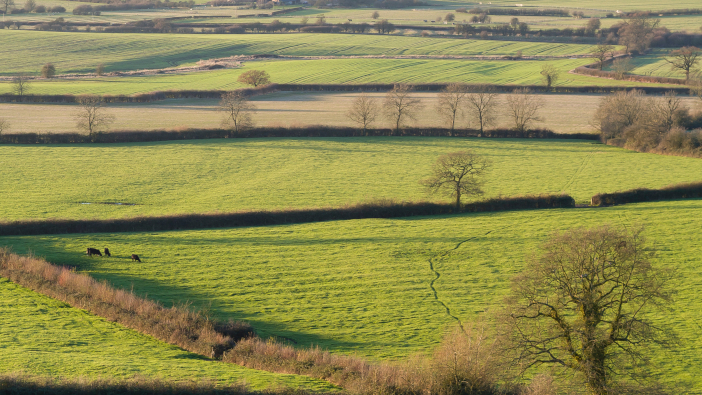A step forward for new breeding technologies has been made after the Genetic Technology (Precision Breeding) Bill gained Royal Assent.
The milestone follows a three-month public consultation in 2021 and the bill’s passage through Parliament. The framework is set to accelerate the development of higher-yielding, more nutritious and climate-resilient crops in England. Biotechnology, such as gene editing, has the potential to improve animal health and welfare, combat pest and disease pressures, increase crop resilience, aid biodiversity and help in the development of food with direct benefits to the public.
The NFU has welcomed the news, but is urging the government to ensure that the new regulations are enabling and proportionate to the low levels of risk. Vice President of the NFU, David Exwood, said: “For more than two decades, we’ve advocated for the development of biotechnology within agriculture and horticulture, and for science to dictate the policy. I am delighted that, after working closely with Defra, the Food Standards Agency, parliamentarians, and industry partners to ensure the Bill’s smooth progress, it has passed its final hurdle.
“Biotechnology is by no means a silver bullet, but having access to more targeted precision breeding tools for our crops and livestock could really help bolster climate-friendly food production and support biodiversity here in Britain.
Only the start
The news was also well received by Bayer Crop Science who said that the Precision Breeding Act will be a positive move for the English food and farming industry and a valuable contribution to addressing the urgent global challenges of food security, climate change and sustainable development. However, Head of Bayer Crop Science UK, Nils Bauer, warned that this is not the end of the process, he said: “Positive though it is, this week’s Royal Assent for the Act is only the start.
“To take advantage of the tremendous opportunities for progress it offers, there is a lot of work to do to get both the secondary legislation governing precision breeding and the public understanding of it right. Plant breeding is one of the valuable tools we have in making our food production more economically and environmentally sustainable by producing more from less. The ability precision breeding techniques like genome-editing give us to meet sustainability outcomes with greater efficiency and accuracy of desirable changes entirely within a crop’s existing genetic building blocks is immense.
“This is an important step for scientists and developers to explore a wide range of advances here alongside the yield increases that reduce the amount of land we need to produce our food, leaving more space for biodiversity and other eco-systems services. These include potentially better resistance to damaging pests and diseases to reduce the need for pesticides; greater nutrient use efficiencies to optimise fertiliser utilisation; superior resilience to stresses like drought and waterlogging for greater crop reliability; and targeted grain quality improvements for healthier, more nutritious foods and animal feeds.”


